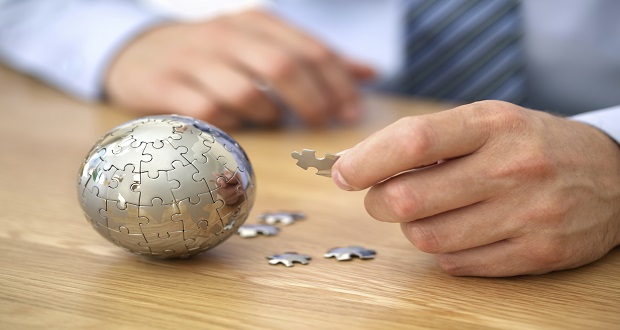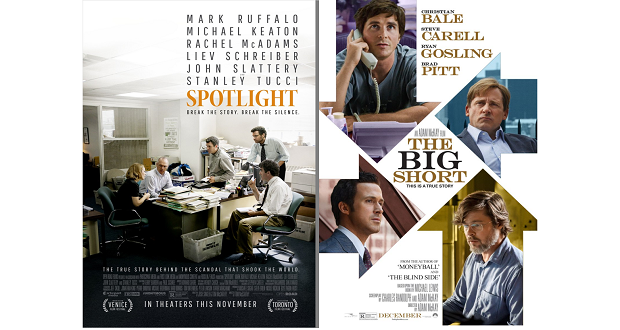
“[Y]ou may live in the world as it is, but you can still work to create the world as it should be.”
-Michelle Obama, Becoming
One of my highlights from last fall (and really, the entire year) was having the opportunity to attend former First Lady Michelle Obama’s book tour for her memoir, “Becoming,” in Washington D.C. Having eagerly finished the book in just a few short days, I was not deterred by the chilly weather or packed arena that night as I settled in with friends to try to soak in as much wisdom as I could in the few short hours Michelle would be on stage. Something that I have always admired about Michelle is her candor, vulnerability, and fervent devotion to making the world a better place, in her own way. All are qualities that I hope to carry with me in my personal and professional life.
Recently, a colleague (another woman of color) asked me, “Have you gotten tired yet?” She was referring to navigating “the work” of diversity, equity, and inclusion – work that can be difficult, often requires introspection, is not always understood, and is sometimes undervalued. Work that can, particularly if you are invested (and, among those doing this work, who isn’t invested?) be emotionally, mentally, and, at times, physically draining. It can be exhausting to restate the same business case, share the same statistics, and still feel like progress in many areas is not coming fast enough. But, was I tired?
I think I surprised us both when I looked at my colleague, smiling over my cup of coffee, and said, “Nope! Not yet.”
I was reminded in that moment of when I had first become interested in diversity and inclusion, long before I knew “D&I” was a career path that I could take, and before I understand how deeply diversity, equity, and inclusion wove themselves through everyday life. It was during a multicultural seminar on race, space, and culture during my third year in college – an eye-opening course that examined the relationship been race relations, spatial associations, and architecture. During the course, I and my fellow classmates learned just how environments are strategically built both to uplift certain segments of the population – and disenfranchise others. It was during this course that I made the promise to myself to share what I had learned and keep sharing in an effort to not only remember history, but to help create the world as it should be –equitable for all.
When I’m asked about why I am so passionate about DEI, it’s an easy answer – social justice, equity, and inclusion are all basic human rights, rights that should be advocated for and protected by any means necessary. And, in the words of one of my favorite mentors, “as long as people are willing to learn, listen, and grow – I won’t get tired of teaching, talking, and understanding.”
Still, the need for self-care and boundaries in this work is now more important than ever, and I’ve learned that not every day is easy. Here are a couple of ways that I practice self-care as a DEI practitioner, and “keep my eye on the prize”:
1. I recognize that I have the choice to engage.
In our world of instant notifications and constant exposure at any second of the day, it can be hard to remember that I don’t have to respond (or even read) every comment, discuss every opinion, or acknowledge every viewpoint. I’ve found that limiting my time on social media and saving my discourse for real life has calmed some of the frustrations and pressure to craft a response to every circumstance and situation.
I’ve found that limiting my time on social media and saving my discourse for real life has calmed some of the frustrations and pressure to craft a response to every circumstance and situation. Click To Tweet2. I ask for help.
I am lucky to have a village of D&I colleagues from work, school, non-profits, and other areas of my life who I can “call in” and who truly, truly get it. If I am having a bad day, or need to bounce an idea around, or even simply need a gut check on how I responded to something in my personal life, these colleagues and friends are there to listen and provide advice and insight in a non-judgmental and supportive way. Asking for help can be difficult, but it’s important!
3. I put my own air mask on first.
Remember Maslow’s theory of self-actualization and hierarchy of needs? Essentially, Abraham Maslow stated that, while humans have a variety of needs (i.e., belonging, love, feeling of accomplishment, achieving your full potential), these higher needs can’t be met until basic, psychological needs for food, water, warmth, rest, and safety are met. That means that I can’t be my best for others unless I take care of myself first. And, sometimes that means setting boundaries, saying “no,” and coming back to a problem with a fresh lens and perspective.
4. I remember the importance of intent.
It is essential to recognize the importance of both intent and impact. However, sometimes, if I am able to more clearly understand an individual’s intent in making a comment or performing an action, it allows me to reflect on the impact from a place of learning versus a place of hurt or defense.
5. I recognize it’s not my job to change others.
This was probably one of the hardest lessons to learn, and one that I am still learning. When I started in this field, it was natural for me to want to share what I was learning, and I was enthusiastic about building awareness and going beyond the “business case” for DEI to truly change behavior and thought patterns. But you won’t change everyone, and changing hearts and minds takes time. Remembering that it is not my job to change people, but rather to help educate and engage, helps when I may begin to feel overwhelmed.
Changing hearts and minds takes time. Remembering that it is not my job to change people, but rather to help educate and engage, helps when I may begin to feel overwhelmed. Click To TweetHow about you? Have you found any #selfcare or routines that have been helpful for you as a practitioner in this space? How have they helped you help create the world “as it should be”? I’d love to hear your thoughts in the comments.


















